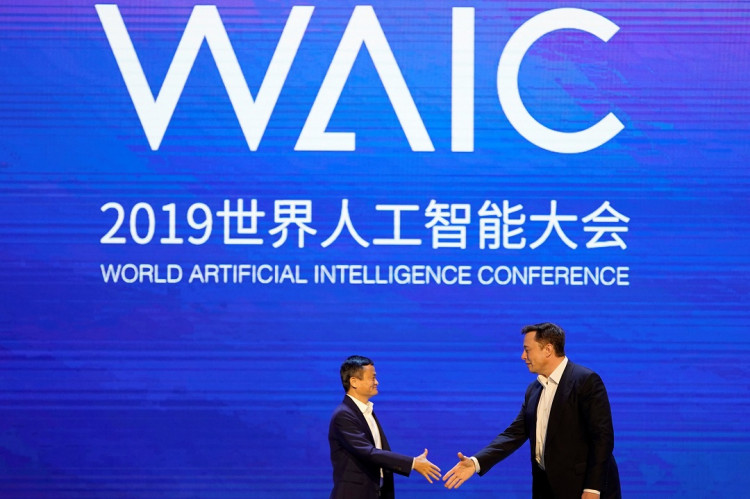China's rapid development in tech fields such as artificial intelligence, new energy mobility, and autonomous driving has now gotten the attention of global sector leaders. The United States, in particular, has expressed concerns on how China could someday overtake it as the dominant industry leader in artificial intelligence technology.
US Chief Technology Officer Michael Kratsios mentioned on Tuesday that he is calling for added cooperation between the US government and the private sector to further boost the country's development of artificial intelligence technologies.
The head of the country's technology policy stated that China is now quickly tightening the race for global artificial intelligence dominance and that it may one day overtake the United States. Kratsios further elaborated that the US should not be complacent in the fact that it is the current leader when it comes to AI.
Kratsios made his statements during a Center for Data innovation forum held this week. The US official is currently US President Donald Trump's top adviser when it comes to the country's technology policy issues. He has also become an important figure in the US' drive for technological dominance.
Kratsios call for added cooperation comes as the US officially increased its budget for non-defense-related artificial intelligence research to almost $1 billion. The figure was sated in Trump's fiscal 2020 budget request, which was released on Tuesday.
While the increase in the country's AI research is significant, China is currently still outspending the United States in the particular sector. China sees the development of artificial intelligence systems as a vital move to further boost its manufacturing competitive. These types of systems, when used in industries such as manufacturing and research, have the potential to greatly increase productivity, efficiency, and cut costs.
In 2017, China had announced plans to make huge investments in the sector to establish itself as the global leader of artificial intelligence technologies by 2030. The total amount of money China has spent has not been detailed, but the number is estimated to be quite significant as the full weights of both the central and local government are at play.
In the Chinese city of Tianjin alone, the central government has set up a $14 billion fund aimed at bolstering the region's AI industry.
Apart from financial support, China has also implemented key policy reforms and measures to boost development within the sector. This includes preferential policies such as tax cuts, incentives, and even rent discount for companies that deal with the emerging technology.






